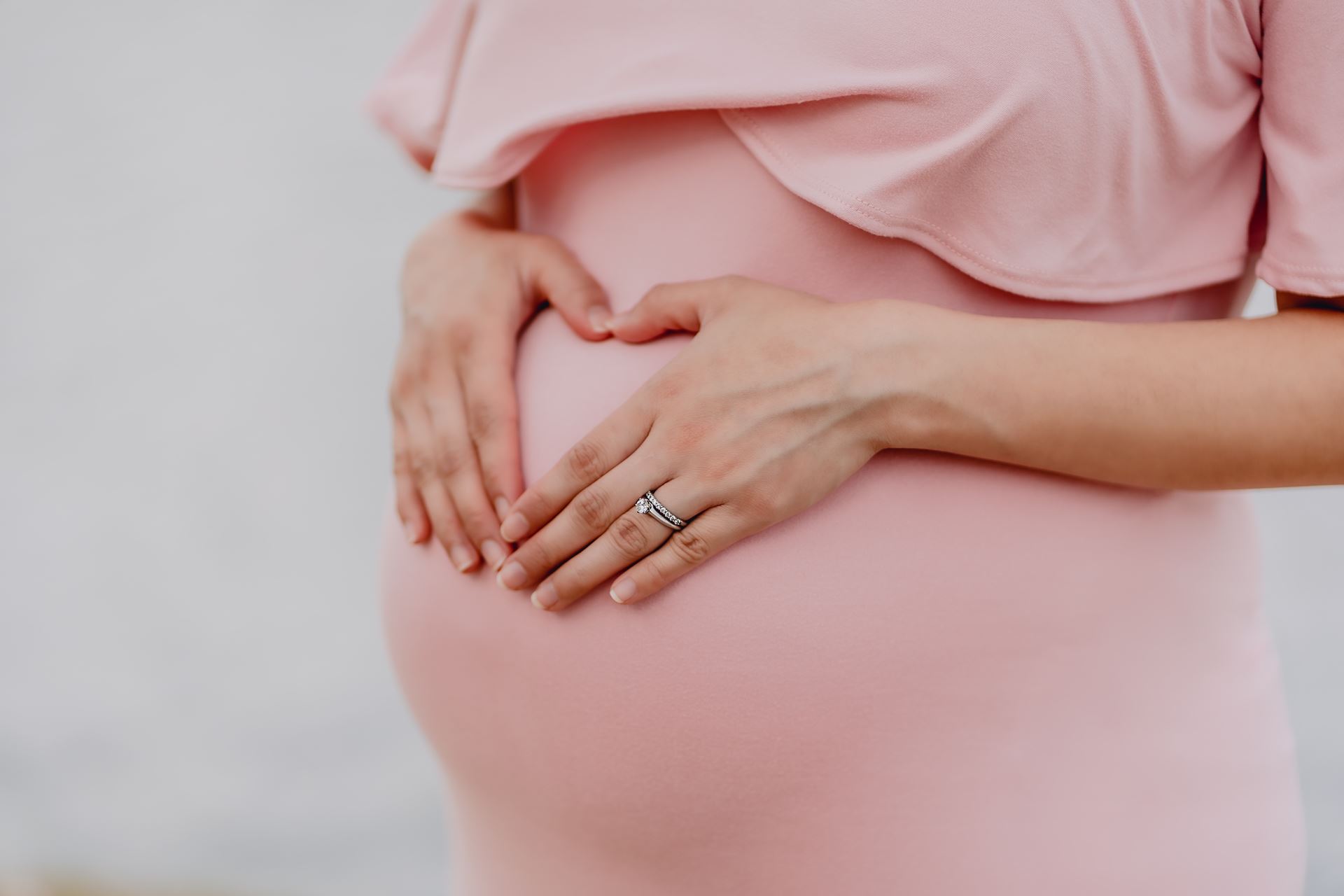Menstrual Issues
Menstrual Issues
If problems with your periods are affecting your life, there's help and support available.
If you have been having problems with your periods, whether they are late, missed, irregular, painful or stopped completely, please get in touch. It is always useful to keep a diary of your symptoms prior to getting in touch with us, so that our clinician's have a history of symptoms you have been experiencing, giving our clinicians a detailed idea of what happens, and when, during your cycle.
Menstrual Cycles
Most women have a period every 28 days or so, but it's common to have a slightly shorter or longer cycle than this (from 21 to 40 days).
Some women do not always have a regular menstrual cycle. Their period may be early or late, and how long it lasts and how heavy it is may vary each time.

Common Menstrual Issues
Missed Periods
There are a number of reasons why your periods can stop. The most common reasons are:
- pregnancy
- stress
- sudden weight loss
- being overweight
- doing too much exercise
- taking the contraceptive pill
- the menopause
- polycystic ovary syndrome (PCOS)
Periods can also sometimes stop as a result of a medical condition, such as heart disease, uncontrolled diabetes, an overactive thyroid, or premature menopause.
To read more about the above factors, please click the links or click here to view NHS Inform's page on Stopped or Missed Periods.
Irregular Periods
Irregular periods aren't always a sign of a problem, but it's a good idea to get in touch with us just in case.
You have irregular periods if the length of your menstrual cycle (the gap between your periods starting) keeps changing. Your periods may come early or late.
Common causes include:
- puberty – your periods might be irregular for the first year or two
- the start of the menopause (usually between the ages of 45 and 55)
- early pregnancy – take a pregnancy test to rule this out
- some types of hormonal contraception – such as the contraceptive pill or intrauterine system (IUS)
- extreme weight loss or weight gain, excessive exercise or stress
- medical conditions – such as polycystic ovary syndrome (PCOS) or a problem with your thyroid
Heavy/Painful Periods
Heavy periods (also called menorrhagia) are common and may just be normal for you. Treatment can help if they're affecting your daily life.
Sometimes, they can be caused by:
- conditions affecting your womb, ovaries or hormones, such as polycystic ovary syndrome, fibroids, endometriosis and pelvic inflammatory disease
- some medicines and treatments, including some anticoagulant medicines and chemotherapy medicines
- stress and depression
Rarely, heavy periods can be a sign of womb cancer.
To read more about the above factors, please click the links or click here to view NHS Inform's page on Heavy Periods.
Period Tracker Apps
Periods typically occur once a month, but the exact timing, flow, and accompanying symptoms are not always consistent. Period tracker apps are interactive devices that can help a person track their monthly cycle.
Flo allows users to track their periods and record their symptoms. Flo uses artificial intelligence-based technology to provide period and ovulation predictions. It also tracks and detects trends within a person’s cycle. The app may be useful for users who are trying to become pregnant.
MyCalendar is an easy-to-use period tracker app that helps you take control of the many aspects of your menstrual cycle- from ovulation, fertility and periods, to birth control pills, moods and other symptoms whilst offering various customisable features.
When to Get in Touch with Us
- our periods suddenly become irregular and you're under 45
- you have periods less than every 21 days or more than every 35 days
- your periods last longer than 7 days
- there's a big difference (at least 20 days) between your shortest and longest menstrual cycle
- you have irregular periods and you're struggling to get pregnant
- you've missed more than 3 periods in a row (and had a negative pregnancy test)
- heavy periods are affecting your life
- you've had heavy periods for some time
- you have severe pain during your periods
- you bleed between periods or after sex
- you have heavy periods and other symptoms such as pain when peeing, pooing or having sex
If you would prefer to discuss this with a female clinician, please just let our reception team know.

Page created: 04 September 2020





